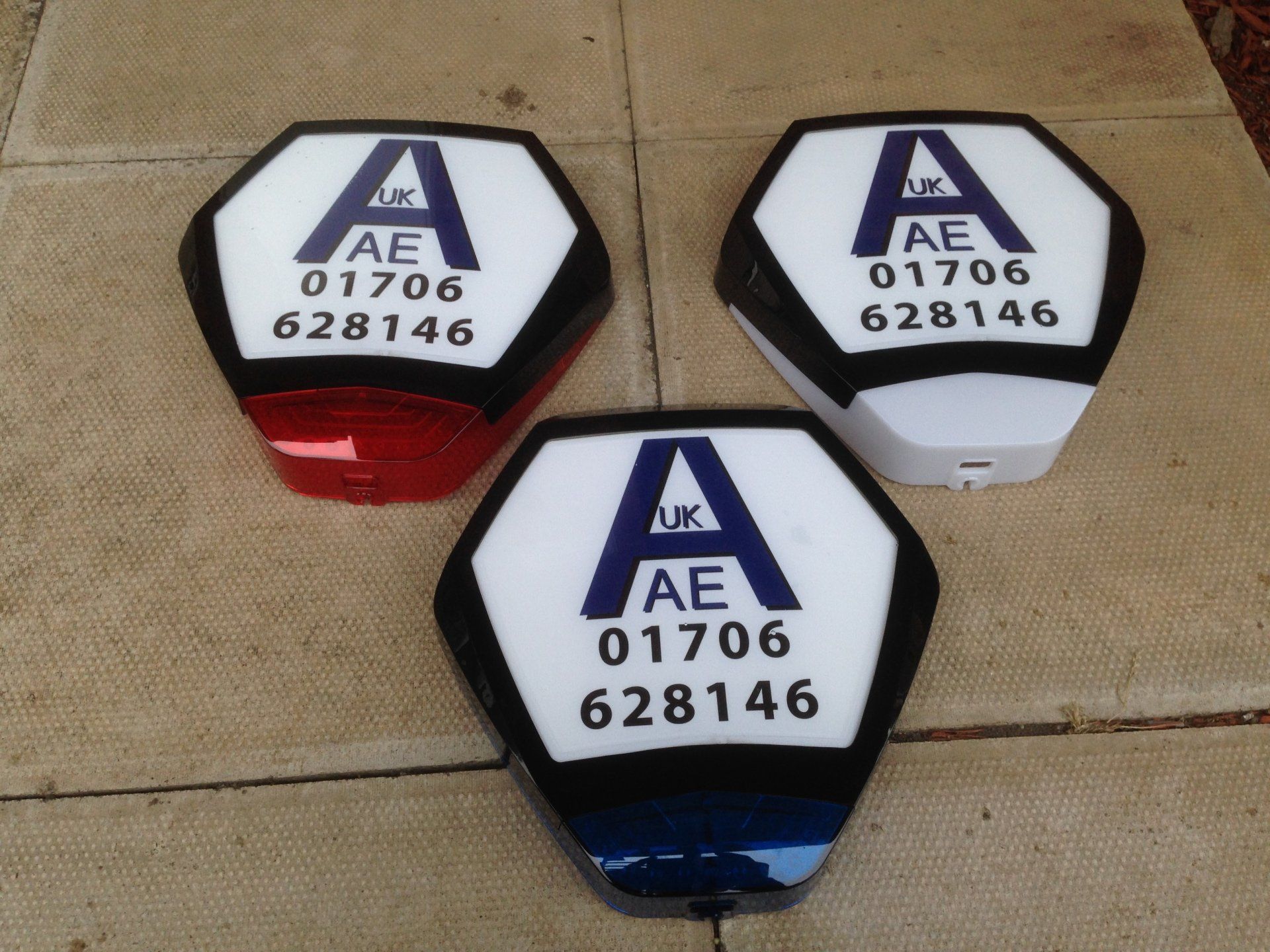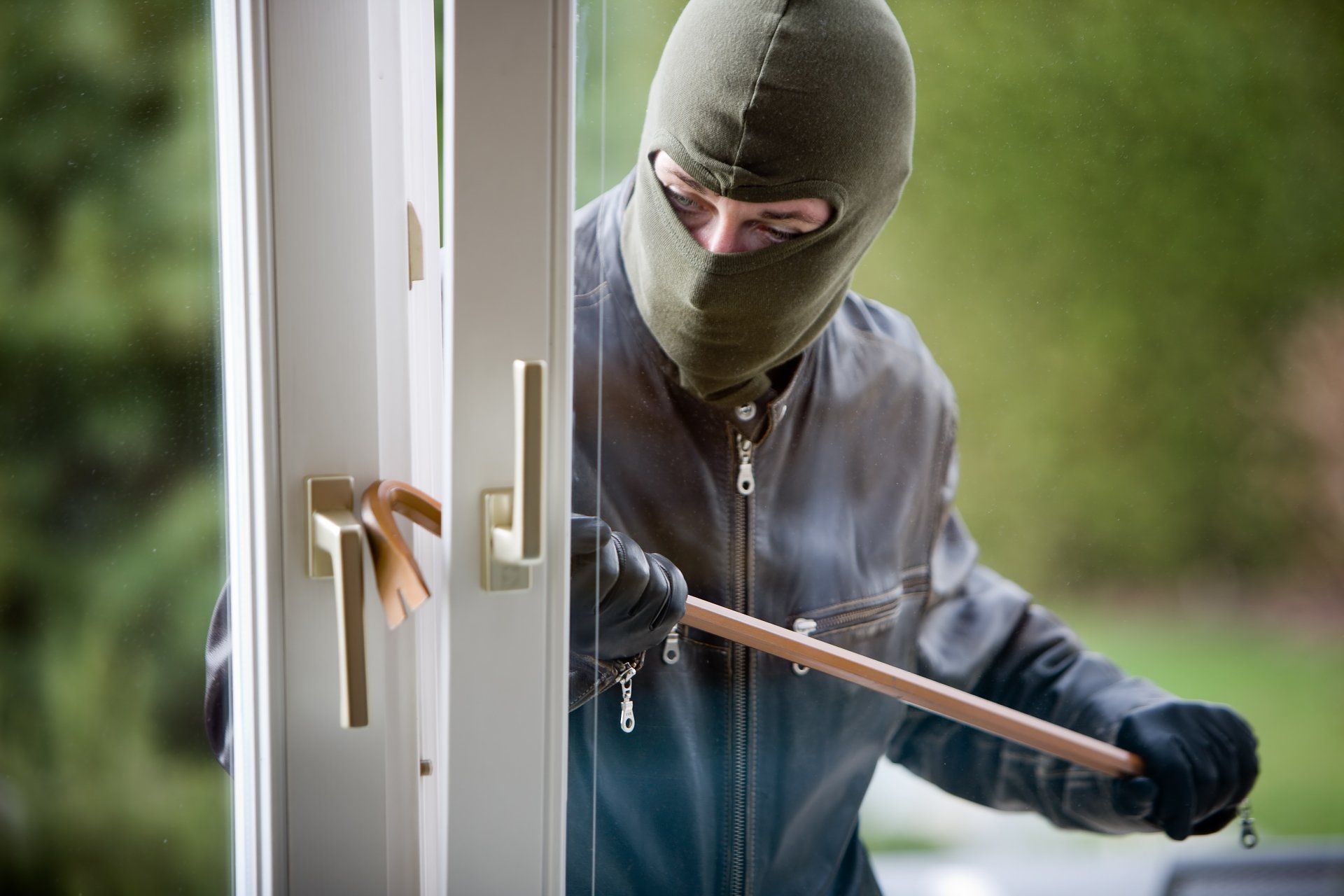Alarm systems and insurance.
After an inquiry in to service timers we thought we should share the reasons why service timers are used on alarms and how servicing your alarm could effect your insurance policy.
When taking out home/contents insurance you may find you're asked a billion and one questions that you think "what has that got to do with this?" and likely hood is at least one question will be about your home alarm. "What type of alarm is it?" "When was it last checked?" It can all get a bit confusing. So here's a few questions and answers.
1. What type of alarm system do you have?
There are many types of alarms out there, you may even be tempted to buy a DIY from your local B&Q but some insurance companies will only cover for professionally fitted systems.
Bells only system.
A bells only system will externally sound (For a maximum of 20 minutes due to most local authorities rules) if an intruder is detected. The internal alarm will continue to flash until it has been turned off with a valid user code.
Monitored system.
A monitored alarm is connected to an external security company, which monitor signals received from your alarm for a fee.
Typically, someone at the call centre will call your home for a password and to check everything is OK if your system is triggered.
If the agreed password isn't given or you and/or a nominated key-holder have not answered the call then the police are notified.
Dummy alarm box.
The cheapest option but some insurers will void or add charges for this one.
A dummy box is a empty box (though some have a flashing light) that is not connected to anything and serves as a prevention tool but nothing else. Be mindful when choosing a dummy box as some burglars can tell a fake a mile off.
Wired and wireless systems.
Wired alarms tend to be installed by professionals so all the wires are hidden and safety measures are taken.
Wireless alarms are battery powered and are usually easier to install.
2. When was it last checked?
Some insurance companies have clauses as to how often your system has been maintained and by whom. If your alarm system is checked every 6-12 months then your insurance company should be happy with that and is unlikely to void your claim should anything happen. When making a claim some insurers will also ask for proof of maintenance from the previous years.
Most systems have a service timer to comply with British standards 4737 requiring maintenance on an annual basis the timer should not use the lock out function unless it is agreed in the terms and conditions. Another reason for a service timer is a system is rented or under an insurance warranty in which case the system must be maintained on a regular basis and being rented if this is not carried out at the scheduled times the system will lock out until maintenance is carried out and/or payment of fees are made.
I hope this has helped clear things up and if you have any questions/comments please post them below!




